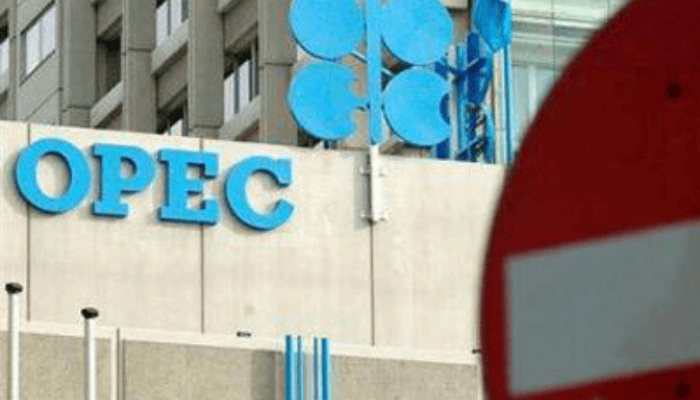The Organisation of the Petroleum Exporting Countries (OPEC) has cast doubt on President Bola Tinubu’s recent claim regarding Nigeria’s oil production levels, stirring a debate in the energy sector.
President Tinubu had, on August 4 2024, announced that Nigeria’s oil output had surged to 1.6 million barrels per day (bpd), signalling a significant recovery in the country’s oil industry following years of disruptions.
“Our once declining oil and gas sector is experiencing a resurgence on the back of reforms. Last month, we increased our oil production to 1.6 million barrels per day and our gas assets are receiving the much-needed attention,” he said.
This claim was touted as a major achievement by the government, highlighting a positive turnaround for Nigeria’s economy, which heavily relies on oil exports.
However, the latest data gleaned from OPEC tells a different story, suggesting that the nation’s actual output may be significantly lower.
According to the report, Nigeria pumped 1.276 million barrels daily in June 2024. The output only increased slightly to 1.3 million barrels daily in July 2024.
The data on Nigeria’s crude oil production provided above is based on direct communication with Nigerian authorities.
According to secondary sources, Nigeria’s daily average crude oil production in June was 1.386 million barrels per day (bpd), marking an increase of 16,000 barrels compared to May’s figure of 1.369 million bpd.
“Nigeria is not doing well,” said Bala Zakka, an oil and gas analyst. “We have an internal issue affecting the sector.”
According to Zakka, political statements are not facts as the data from OPEC has shown. “We play politics with our resources a lot. We have observers who follow these things and make investments based on data.
“Nigeria needs to start working on making the business environment better, implement working policies and be factual with the state of affairs of the country’s most important sector.”
Despite a decline in production reported by secondary sources, Nigeria maintains its position as Africa’s largest oil producer, with Libya following closely, producing 1.175 million bpd in July.
This ongoing shortfall hampers the revenue generation efforts of President Tinubu’s administration. Heineken Lokpobiri, minister of petroleum resources, , previously stated that the country aims to reach a daily production of two million barrels next year, but how this will be achieved remains uncertain as the outlook appears bleak.
The oil sector continues to be troubled by insecurity and low investment, exacerbated by the exit of international oil companies (IOCs) and unresolved issues regarding the approval of oil asset transfers. Earlier this month, the NNPCL had declared a renewed effort to tackle the challenges hindering crude oil production, as output has stagnated over the past five months.
In March, President Tinubu signed a raft of fiscal incentives meant to improve the investment climate and position Nigeria as the leading destination for oil and gas investments in Africa- the country has seen a decline in investments in the last decade.
These directives include: financial incentives for the development of non-associated gas, midstream operations, and deepwater projects.
Additionally, the initiative aims to streamline the contracting process, reducing the cycle time to six months.
In the 2024 budget, the federal government established a daily oil production target of 1.78 mbpd to meet revenue goals. The budget set the benchmark price of crude oil at $77.96 per barrel.
